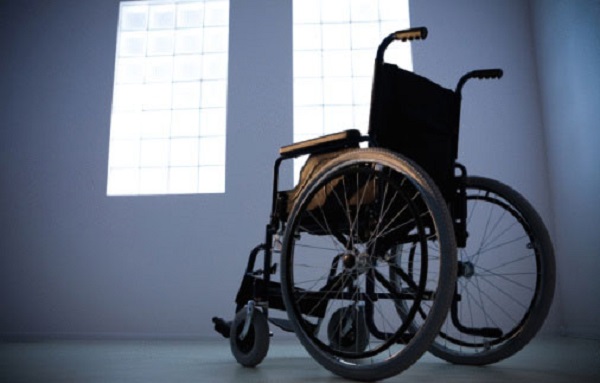California’s new assisted suicide law, or End of Life Option Act, may be revised to allow patients “with significant intellectual disabilities” to request assisted suicide, Angelus reported.
The doctor-prescribed suicide law passed in October 2015 in California and took effect in June. It allows doctors to prescribe lethal drugs to mentally competent patients who are diagnosed with a terminal illness and predicted to die within six months, according to LA Times. These parameters were established as safeguards to protect patients, but now they might be changed.
The California Department of Developmental Services is trying to expand assisted suicide to mentally disabled patients in the state. These patients are extremely vulnerable for coercion and abuse, and may not have the capability of recognizing the implications of their decision to commit suicide.
The California department said it wants to expand assisted suicide to the mentally disabled, but safeguards must be put in place to keep other residents and medical personnel safe. In a proposed emergency action notice, the department wrote that intellectually disabled patients “often lack safety awareness” and “could inadvertently lose possession of the aid-in-dying drugs,” according to Angelus.
Follow LifeNews.com on Instagram for pro-life pictures and the latest pro-life news.
Groups opposed to assisted suicide believe that there are no adequate safeguards that could protect vulnerable people from being pressured to take their lives. Even without the proposed expansion for mentally disabled patients, the new law is riddled with loopholes that open the door to coercion and abuse.
Disability rights groups, many in the medical community, pro-lifers and others are upset by the potential for horrendous abuses of human life. One of their concerns is that doctors are not required to be present when the patient takes the deadly medicine; therefore, there is no way of knowing whether the person is taking the medicine of their own free will.
Profit-driven motives of families, doctors, insurance companies and the state also are concerns. Assisted suicide is cheaper than many medical treatments for the terminally ill and disabled. In Oregon, there have been several cases of cancer patients being pushed toward assisted suicide because it was cheaper than the medical treatment they needed.
The Life Legal Defense Foundation spoke out against the California after it went into effect in June. The foundation’s Executive Director Alexandra Snyder explained the dangers involved in the act, including a lack of culpability, “especially for terminally ill people and people who are very vulnerable. We think this is exactly the wrong way to go to remove these basic constitutional protections.”
These dangers are even greater with the prospect of allowing assisted suicide for mentally disabled patients. If the California Department of Developmental Services succeeds in its efforts to allow intellectually disabled patients to obtain lethal prescriptions, more lives will be unnecessarily lost to physician-assisted suicide.
California became the fourth in the U.S. to legalize deadly doctor-prescribed suicides in October, following Oregon, Washington and Vermont. Euthanasia advocates pushed for the legislation by using the tragic story of Brittany Maynard, a young woman who had terminal brain cancer. A California native, Maynard moved to Oregon where she committed doctor-prescribed suicide in November 2014.








